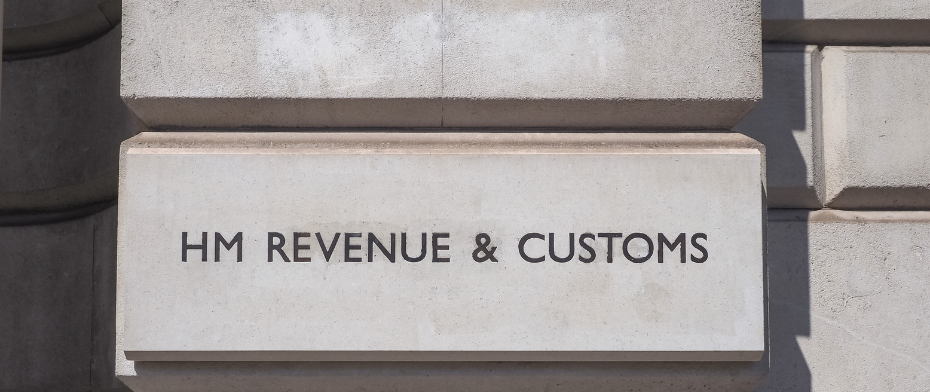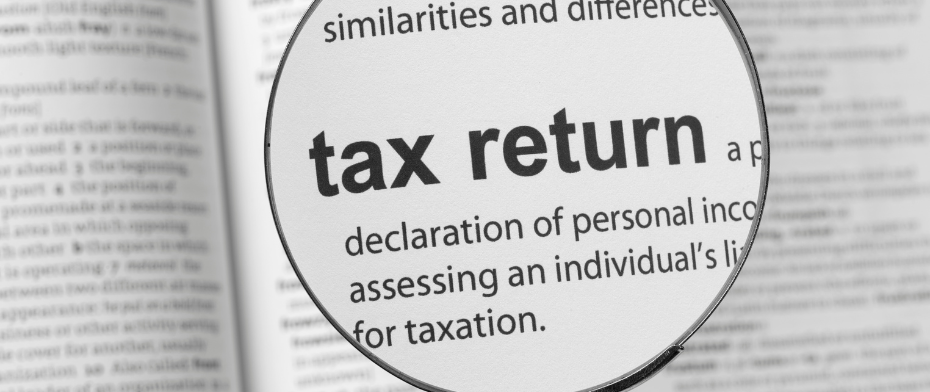Do I need to pay tax on the interest I earn?
- TBA

- Apr 26, 2024
- 4 min read
Updated: May 29, 2025
Many savers are currently benefiting from elevated interest rates compared to the record lows seen in previous years.
You may therefore have wondered – do you need to pay tax on any interest earned?
Taxes on savings
In general, the principal of any savings is not taxable – only the interest earned from savings is taxable.
However, HMRC provides several different tax-free allowances: the Personal Allowance, the savings starting rate, and the Personal Savings Allowance. These allowances are usually allocated for each tax year (April 6th to April 5th of the following year).
You would usually only start paying taxes on any taxable income which exceeds these allowances. The specific amount you pay may also depend on your other income.
The Personal Allowance
Most people are eligible for a certain amount of tax-free income before they need to pay income tax. This is known as the basic Personal Allowance.
For the tax year 2023-24, the Personal Allowance rate was set as £12,570. This will remain the same for 2024-25. If your wages, pension or other income does not exceed this allowance, you can use it to earn additional tax-free savings income from interest.
What is the starting rate for savings?

In each tax year, you can earn up to £5000 of interest without paying tax – this is known as the ‘starting rate’.
However, the more income you earn from other sources (e.g. wages or pensions), the lower your starting rate for savings. For example:
If your income from other sources reaches or exceeds £17,570, you will not be eligible for the starting rate
If your income from other sources is less than £17,500, your starting rate is £5000 but will decrease by £1 for each £1 that you exceed the Personal Allowance (£12,570).
So, how does this work in practice?
If your income from wages is £16,000 and your savings interest is £200:
Your Personal Allowance is £12,570
Your remaining wage income after deducting the Personal Allowance is £3430 (£16,000 – £12,570)
Your starting rate is therefore reduced by £3430 (£5000 – £3430), which is £1570
This means that you don’t need to pay any taxes on the £200 earned in interest
How does the Personal Savings Allowance work?
The Personal Savings Allowance (PSA) allows you to earn up to an additional £1000 of tax-free interest on top of the starting rate.
The PSA varies depending on your income tax band:
Basic rate: £1000
Higher rate: £500
Additional rate: £0
Additional rate tax-payers are considered high-income earners and are not eligible for the PSA.
Therefore, if your annual income exceeds £125,140 (2023-24 & 2024-25), you’ll need to pay taxes on any interest earned.
What counts as interest?
Many financial institutions offer accounts and/or services which will pay interest that can be taxed, including (but not limited to):
Bank and building society accounts
Savings and credit union accounts
Unit trusts, investment trust, and open-ended investment companies
Peer-to-peer lending
Trust funds
Payment Protection Insurance (PPI)
Government or company bonds
Life annuity payments
Some life insurance contracts
Some accounts are eligible for additional tax-relief, including Individual Savings Accounts (ISAs) and National Savings & Investments (NS&I) accounts. Interest earned from these types of accounts do not count as taxable interest.
Do I need to file a self-assessment tax return?

If your savings interest exceeds the tax-free allowance threshold, you must pay taxes at the normal income tax rates.
If you’re in full-time employment or are receiving a pension, HM Revenue & Customs (HMRC) will adjust your tax code to collect tax automatically. When determining your tax code, HMRC estimates how much interest you’ll earn in the current tax year based on the interest you earned in the previous year. If you still need to fill out an additional self-assessment tax return, report any savings income on that form.
If you’re self-employed, you’ll need to file a self-assessment to report your savings and investment income.
If you’re not working, not receiving a pension, or haven’t completed a self-assessment, your bank or building society will inform HMRC how much interest you received at the end of the tax year. HMRC will then tell you whether you need to pay tax and how to pay it.
Please note that you cannot avoid declaring the interest you earn. Your bank or building society works closely with HMRC and will actively report your earned interest to them.
If your savings interest is below your tax-free allowance, HMRC will refund any tax that you’ve overpaid. However, you must apply for the refund within four years after the end of the relevant tax year. If you’ve filled out a self-assessment tax return, you can claim it through that. If not, you can fill out form R40 and send it to HMRC.
A reminder from TB Accountants
Please note that income from savings within the tax-free allowance range still counts towards your overall income. If you’re close to the threshold, this income might push you into a higher tax bracket, requiring you to pay more taxes.
So, if you’re a basic rate taxpayer, and the interest earned from savings is enough to push you into the higher rate threshold, you’ll only be able to enjoy a £500 personal savings allowance, and the remainder will be taxed at the higher rate of 40%.
For individuals and businesses looking for UK taxation services, use our contact form to get in touch for more information.
Get in touch with us at info@tbgroupuk.com or for a free one-to-one consultation.


